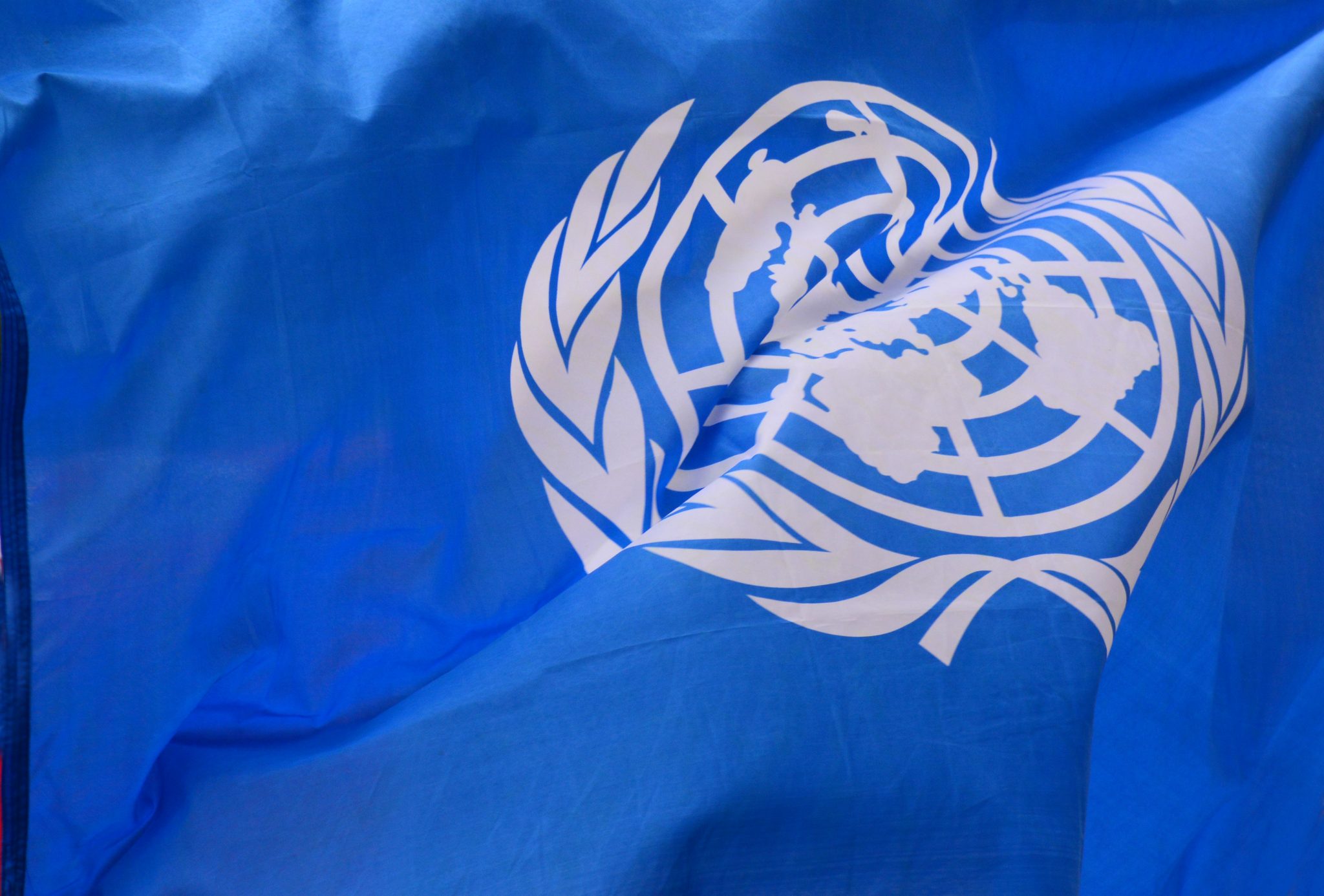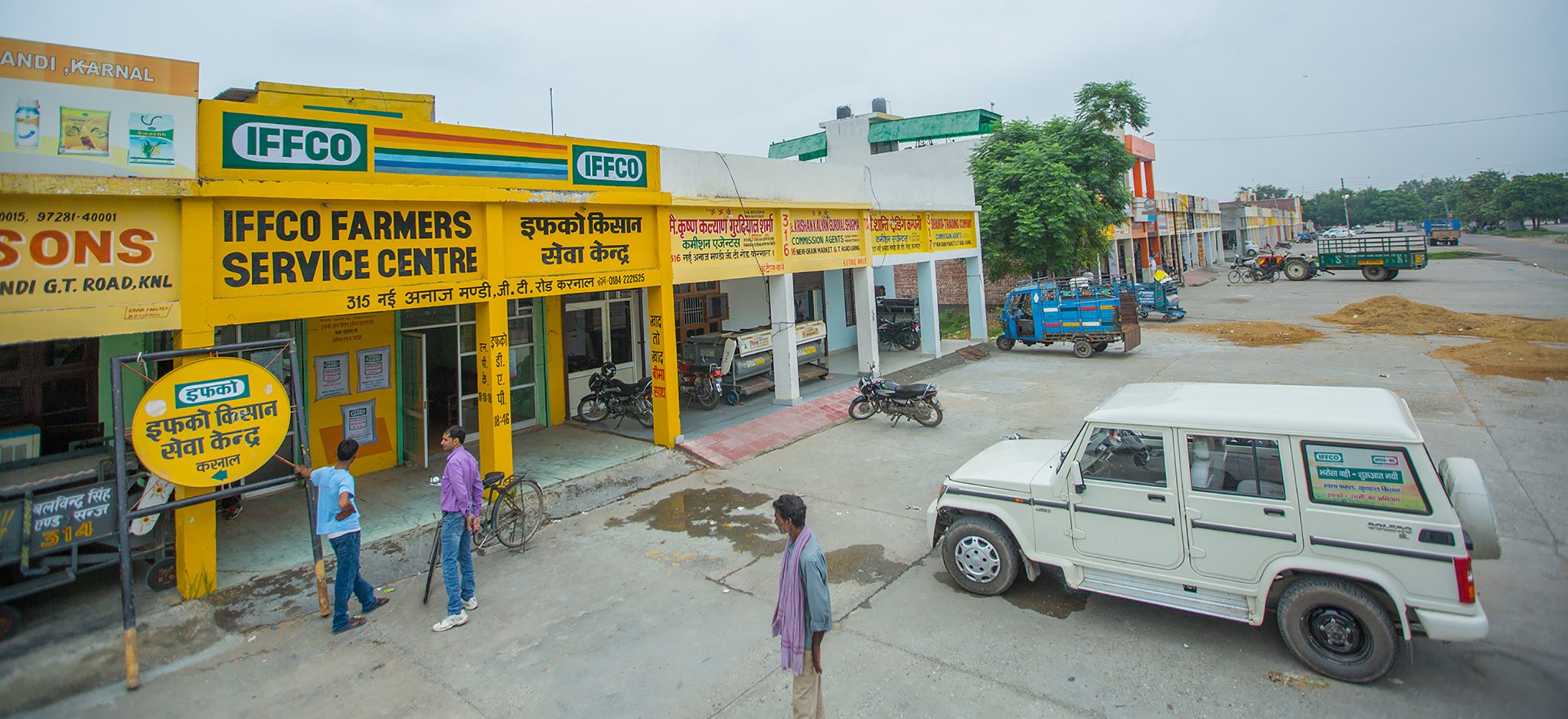Co-operatives play a key role in fulfilling the United Nations’ sustainable development agenda, a new report reveals.
The study, published by the International Co-operative Alliance, is based on pledges made by co-ops from across the world on the Alliance’s Coops for 2030 online platform.
Launched on the International Day of Co-operatives on 2 July 2016, the platform enables co-ops to learn about the UN’s Sustainable Development Goals (SDGs), make pledges to help achieve them, and track their progress.
The report highlights the contributions of co-ops in the key areas of action identified under the SDGs. One of these is eradicating poverty.
The report gives the example of Coopermondo, the development NGO of the Confederation of Italian Co-operatives (Confcooperative), which has pledged by 2020 to facilitate at least 10 new co-ops led by youth, women, or indigenous people in developing countries. Coopermondo is well on the way to achieving this, with two projects in Togo and Sierra Leone, plus a network of 113 projects in 42 countries carried out itself or by its associate co-ops.
In Canada, Vancity credit union is the country’s largest private-sector Living Wage employer. As its Co-ops for 2030 pledge, Vancity commits to maintaining this living wage and to advocate for other employers in its service area to join the campaign.
Another SDG is ending hunger, relevant to the sector with Alliance figures showing that 32% of all co-ops in the world operate in food and agriculture.
Japanese co-op JA Fukushima Mirai will increase by 2020 agricultural production in the region to levels higher than those before the Great East Japan earthquake, recovering farmland which had been contaminated by radioactivity.

In India IFFCO, a fertiliser co-operative federation, pledged to achieve self-sufficiency in food production by making available high-quality fertilisers at the right time and in appropriate quantities throughout the co-operative network.
Similarly, the Rungeto Farmers Co-operative Society in Kenya commits to double its members’ coffee production and sales by 2030 and to increase milk production and income by 70%.
Ensuring healthy lives is another SDG, and health co-ops are important sources of preventative and curative care around the world, providing everything from home care services to full-service hospitals.
Italian energy co-operative Centoraggi pledges to reduce the neonatal mortality rate by developing initiatives by 2030 that will enable the supply of electricity, through renewable energies, to power maternity wards and general healthcare. This initiative is targeted at solar energy projects in Madagascar, Kenya, Ghana, Angola, and other countries, like Brazil, where Centoraggi hopes to expand.
Related: Co-op Group backs Kenyan Fairtrade tea farmers with resource centre
The Mutuelle de Santé Tujenge Afya Yetu in the Democractic Republic pledges to introduce universal healthcare to its members, improving access to care by 50% for the Congolese population through education and creating new mutuals throughout the country.
Providing inclusive and quality education is another SDG; it is also on the co-operative agenda as one of the movement’s seven principles.
Italian social co-operative Copat, which links students to professional opportunities, pledges to increase children’s access to educational activities to learn about cultural heritage and the role of museums as educators. One programme allows children to create eco-friendly art from materials from the Remida Creative Recycling Centre in Turin.

In India the co-operative Rajiv Gandhi Arts and Science College has committed to educating rural degree students about the co-op model and principles, in the hope that these students will create their own economic opportunities by establishing co-operatives.
On the issue of gender equality and women’s empowerment, Co-operatives UK, the national apex organisation representing co-operatives in the UK, has pledged by 2020 to work with its members to achieve the goals of the Co-operative Women’s Challenge, a campaign to see women fairly represented at all levels of the British co-op movement. The goals include fair representation in democratic structures, more women in senior management roles, and gender equality.
Likewise, IFFCO is supporting women’s economic participation in India, promoting self-help groups for women and offering training in beekeeping, tailoring, embroidery, adult education, fruit and vegetable preservation and computer literacy.
The world’s co-ops are also helping with the SDGs by providing decent work as people-centred enterprises.
Femmes CoopCongo in the Democratic Republic of the Congo aims to integrate 20% more women into the national economy through entrepreneurship by 2030.
National Co-operative Federation and Development in the Philippines pledges to enhance the entrepreneurial capacities of its members through gender-sensitive trainings that cover management, finance, marketing, and technical aspects of business.
In Kenya, CIC Insurance Group has pledged initiatives to help young people, such as supporting the secondary education of 10 students from disadvantaged backgrounds.
The report shows how co-ops contribute to other goals, such as providing affordable electricity and clean water; building a resilient infrastructure; inclusive and sustainable industrialisation; reducing inequalities; sustainable cities and communities; sustainable consumption and production; acting on climate change; protecting water and land; promoting peace, justice and strong institutions; and fostering partnerships.
The report, Co-ops for 2030 – A movement achieving sustainable development for all, is available on the Alliance’s website.

